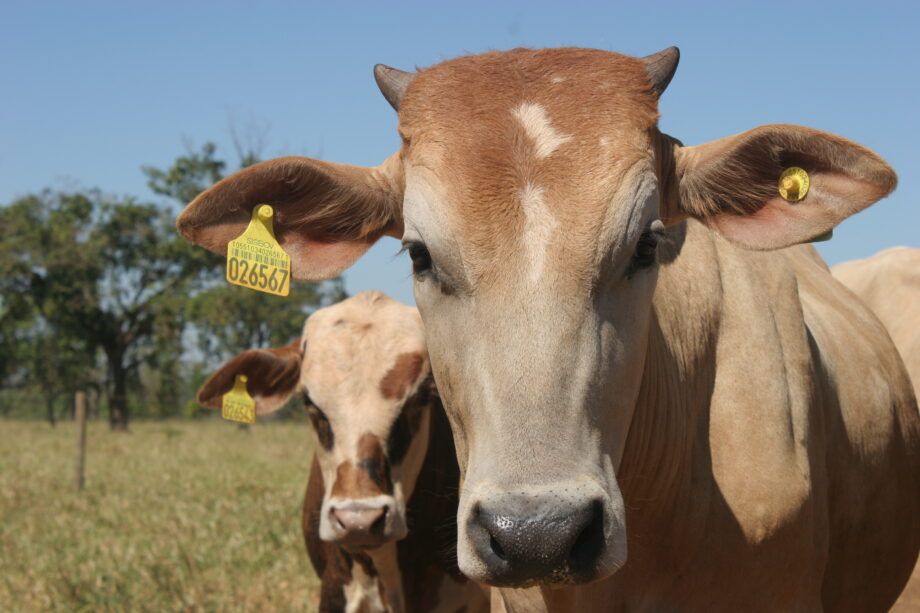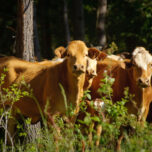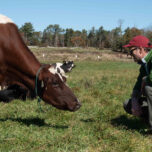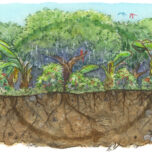March 24, 2022 — 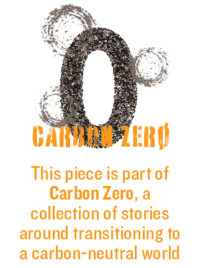 When it comes to advancing sustainable agriculture, customized, in-person guidance makes a difference. That’s the conclusion of a study on improving Brazilian cattle ranching published earlier this month in the scientific journal PNAS.
When it comes to advancing sustainable agriculture, customized, in-person guidance makes a difference. That’s the conclusion of a study on improving Brazilian cattle ranching published earlier this month in the scientific journal PNAS.
Researchers from the U.S. and Brazil led by Arthur Bragança of the Pontifical Catholic University of Rio de Janeiro wanted to find out how well various approaches to sharing climate-friendly practices with cattle ranchers influenced whether those practices were actually used. They provided 56 hours of coursework on practices such as restoring pastures, cultivating forests and using no-till agriculture to a group of 706 ranchers who operate mid-sized ranches in Brazil’s Cerrado biome. Of these, 311 were also offered a series of 24 in-person visits from agricultural extension agents over a period of two years, along with advice customized to their individual circumstances.
Producers who received the training alone by and large did not increase adoption of the climate-friendly practices, while those who received the technical assistance did. The researchers found that the implemented changes increased productivity and also reduced carbon dioxide equivalent emissions by an estimated 1.11 million metric tons (1.22 million tons) per year and provided additional carbon sequestration benefits as well. And adoption was not only good for the environment, it also offered an 8–45% return on investment in the form of increased profits for producers.
“Our analysis provides strong empirical evidence that customized, individual agricultural extension can provide farmers with the knowledge and skills needed to restore pastures and adopt new management practices that support sustainable intensification and increase income,” the researchers conclude.
The work is important because livestock farming is responsible for nearly 15% of the greenhouse gas burden humans are adding to the atmosphere, and Brazil is among the top cattle-producing countries in the world. The practices that the training and technical assistance encouraged can reduce the need to destroy carbon-sequestering forests and enhance the ability of the ranching practices to keep carbon in the soil.
Related Posts
Ensia shares solutions-focused stories free of charge through our online magazine and partner media. That means audiences around the world have ready access to stories that can — and do — help them shape a better future. If you value our work, please show your support today.
Yes, I'll support Ensia!